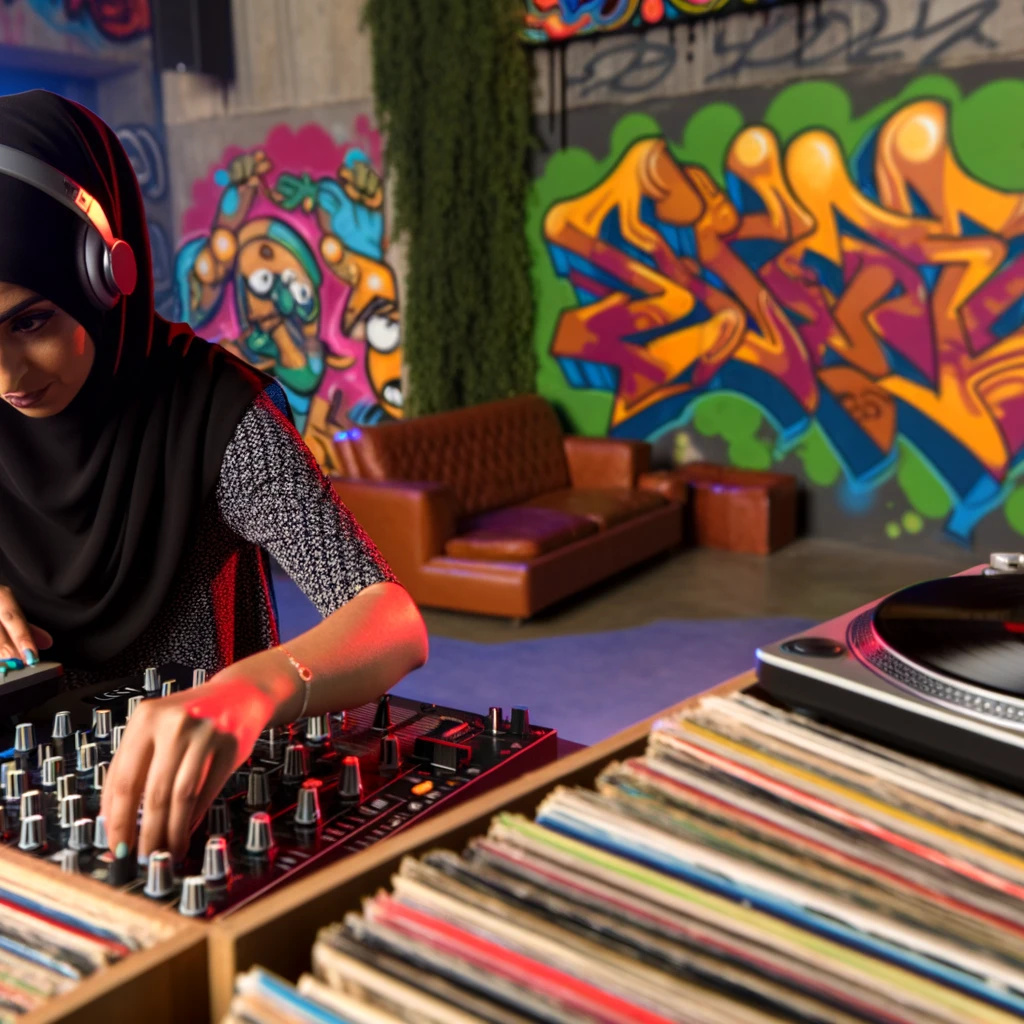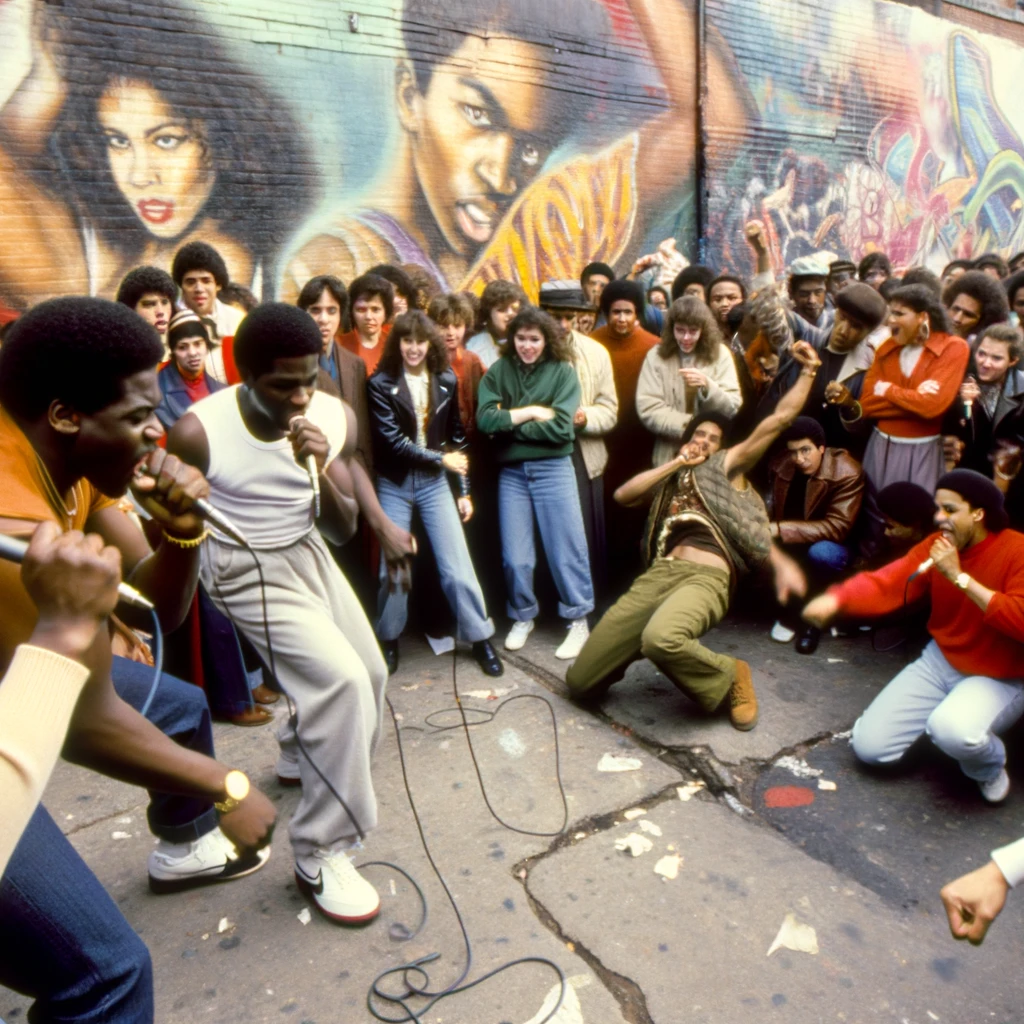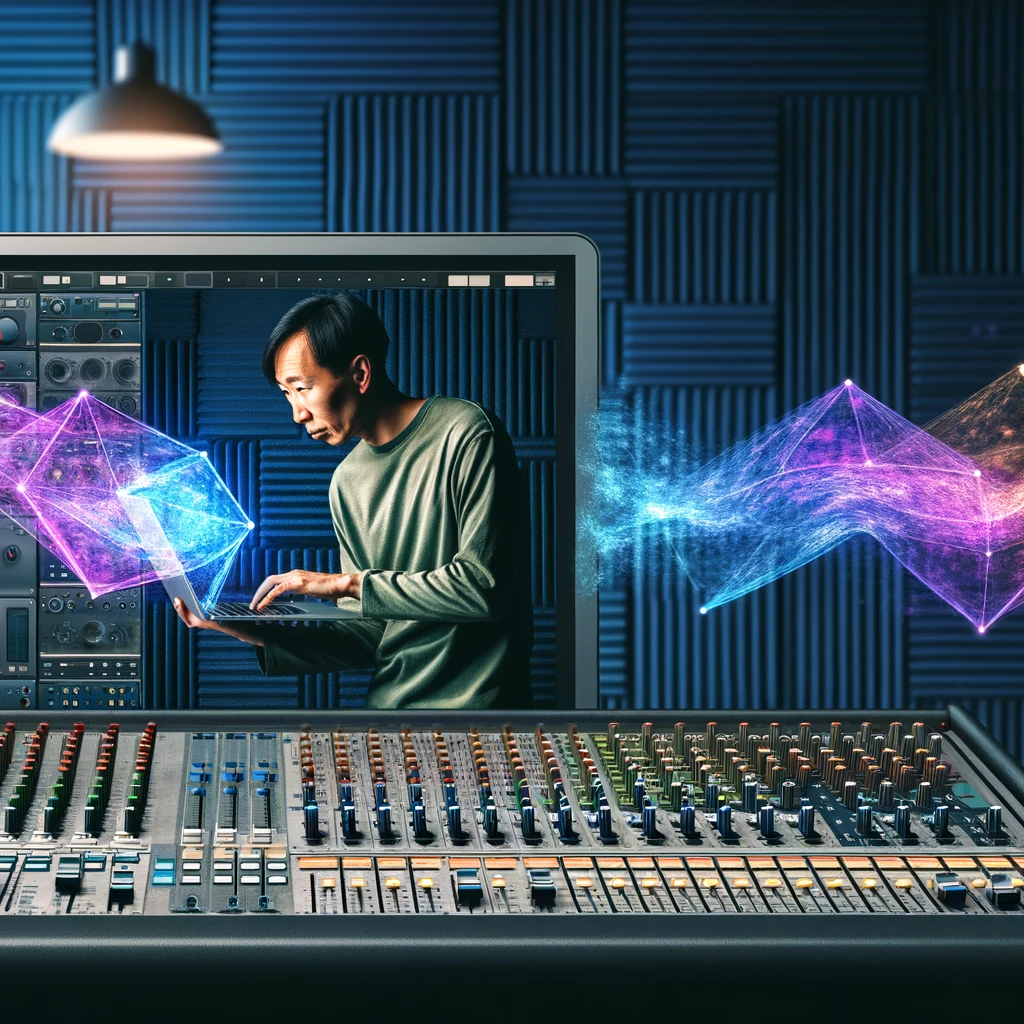Related Articles











The intersection of technology and music has always been a fertile ground for innovation and evolution. From the early days of vinyl records to the current era of digital streaming, technology continues to revolutionize how music is produced, distributed, and consumed.
The transition from analog to digital recording marked a significant milestone in music production. Digital audio workstations (DAWs) like Pro Tools and Logic Pro have replaced traditional recording studios, democratizing music production. Artists can now produce high-quality music from their homes, eliminating the need for expensive studio sessions.
Artificial Intelligence (AI) is reshaping music production by offering tools that assist in composing, editing, and mixing music. AI algorithms can analyze large datasets of music to generate new compositions, provide real-time feedback to musicians, and even master tracks with precision that rivals human engineers.
Streaming platforms like Spotify, Apple Music, and Tidal have transformed music distribution, allowing instant access to millions of tracks worldwide. This shift has disrupted traditional sales models, emphasizing accessibility and convenience for listeners while providing artists with broader reach.
Blockchain technology is emerging as a solution to longstanding issues in music rights management. By offering a decentralized and transparent ledger, blockchain can ensure fair compensation for artists by tracking how and where their music is used, thus addressing piracy and revenue distribution challenges.
Technology has empowered independent artists by providing platforms to reach global audiences without needing a record label. Social media, crowdfunding, and online marketplaces offer new avenues for promotion and revenue generation, fostering a more diverse musical landscape.
For consumers, technology has altered how music is discovered and enjoyed. Personalized playlists, algorithm-driven recommendations, and interactive experiences like virtual concerts have become commonplace, offering listeners a more tailored and engaging experience.
The impact of technology on music production and distribution is profound and ongoing. As technology continues to evolve, it promises further innovations that will shape the future of music in unimaginable ways. Embracing these changes offers immense opportunities for artists and listeners alike, driving the industry towards a more inclusive and dynamic future.